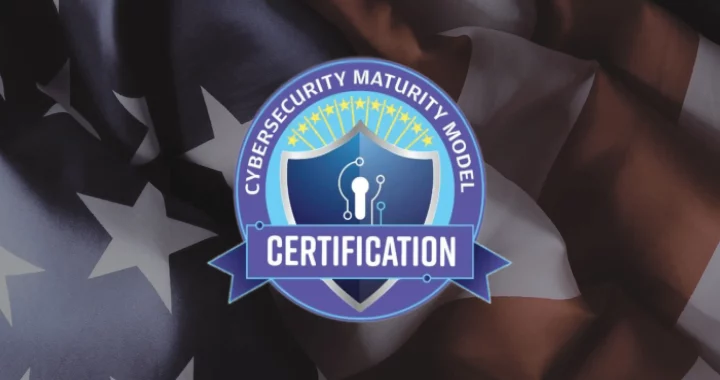Winning Your Divorce Case: Navigating Utah Divorce Forms
2 min read
Last Updated on February 19, 2024 by MrHudson
Divorce can be a complex and emotionally challenging process, but understanding the legal requirements and procedures can help you navigate it more effectively. In Utah, like in many other states, some specific forms and guidelines must be followed to file for divorce. Here’s a guide to help you understand how to use Utah divorce forms to win your case:
- Filing for Divorce in Utah: To start the divorce process in Utah, you need to file a petition for divorce with the district court in the county where you or your spouse resides. The court requires specific forms to be completed, including the Petition for Divorce, the Summons, and other related documents.
- Grounds for Divorce: Utah allows for both fault-based and no-fault divorces. Common grounds for divorce include irreconcilable differences, impotency, adultery, abandonment, and conviction of a felony.
- Completing the Forms: Utah provides several forms that must be completed accurately. These forms include information about the parties involved, such as names, addresses, and contact information, as well as details about the marriage, such as date of marriage, grounds for divorce, and details about children if applicable.
- Serving the Forms: After completing the forms, you must serve them to your spouse. Utah law requires personal service, which means the forms must be delivered in person by someone over 18 who is not a party to the case.
- Response from the Other Party: Once served, your spouse has 21 days to file a response with the court. If they fail to respond, you may be able to proceed with the divorce by default.
- Negotiating Settlements: Many divorces in Utah are resolved through negotiation rather than litigation. If you and your spouse can agree on issues such as property division, alimony, child custody, and child support, you can submit a stipulation and settlement agreement to the court for approval.
- Court Hearings: If you and your spouse cannot reach an agreement, the court may schedule a hearing to resolve outstanding issues. During the hearing, both parties will have the opportunity to present evidence and arguments to support their case.
- Finalizing the Divorce: Once all issues are resolved, the court will issue a final decree of divorce, officially ending the marriage. This document outlines the terms of the divorce, including any agreements reached regarding property, children, and support.
Navigating the divorce process in Utah can be challenging, but understanding the forms and procedures can help you protect your rights and achieve a favorable outcome. Consulting with an experienced divorce attorney can also provide valuable guidance and support as you navigate this difficult time.





